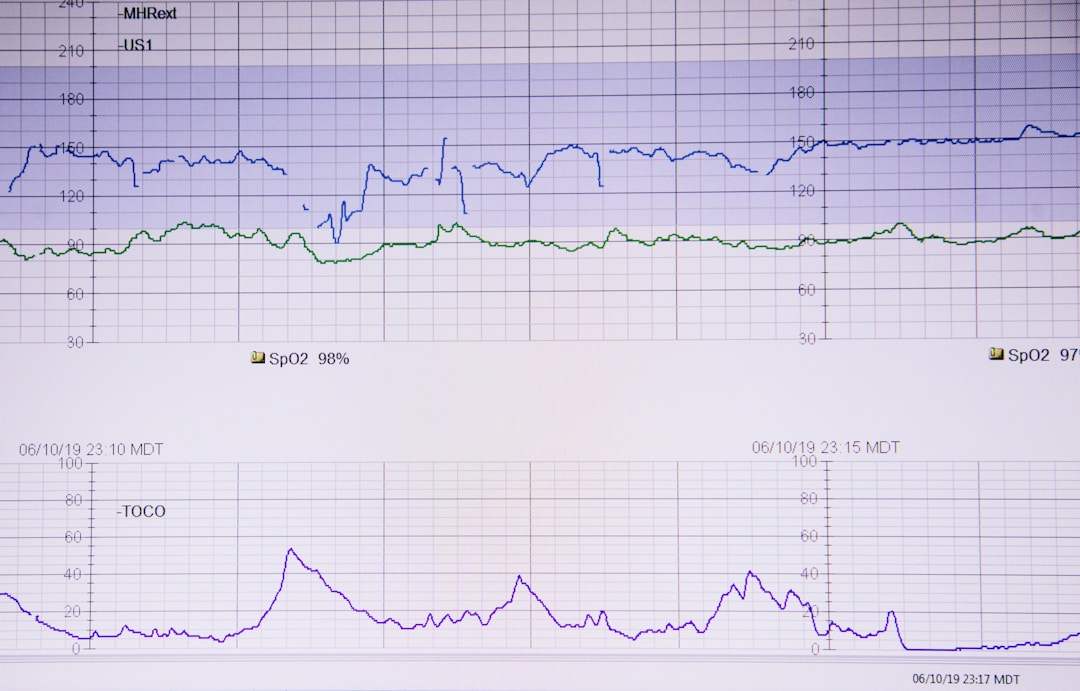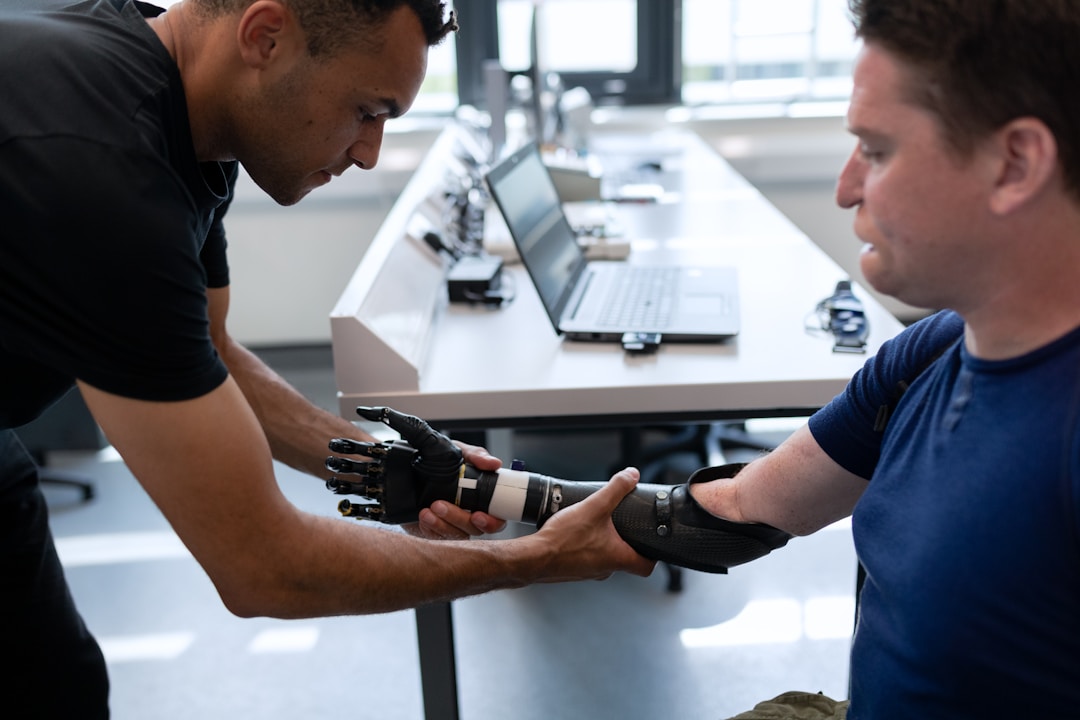The healthcare industry is being transformed by new technologies and advances that help meet the patient demands of the 21st century. Healthcare organizations are using technology to meet these demands while operating efficiently and delivering better quality patient care. Innovations such as wearable devices, advances in genetics, and the use of Artificial Intelligence (AI) for early illness detection and prevention are already transforming medicine.
Gene Therapy for Genetic Disorders

Hemoglobinopathies are genetic disorders that affect either the structure or production of hemoglobin molecules. The most common types of hemoglobinopathies are sickle cell disease and thalassemia, and more than 330,000 children are born with these genetic disorders worldwide. Progress has been made in research using experimental gene therapy to create functional hemoglobin molecules. Gene therapy for hemoglobinopathies could reduce sickled blood cells or ineffective red blood cells to prevent or reduce complications.
Bio-Tech Resources provides research and development services that help clients develop strains and commercial processes cost-effectively. Their technical staff is an extension of your research and development (R&D) team with access to the latest technology and processes. You can develop strains or fermentation processes from scratch or improve current systems. Strain development includes mutagenesis, advanced recombinant strain development, and protein expression. Downstream process development services include cell separation, biomass recovery, and product recovery and purification.
Biotech Resources also offers Trichoderma reesei expression services. Trichoderma ressei is a mesophilic filamentous fungus responsible for synthesizing and secreting cellulase. Mutant RUT-C30 is a widely used strain of filamentous fungi for the production of cellulase and recombinant protein. R&D experts have found that using a promoter and secretion signal peptide from the cellobiohydrolase 1 gene (cbh1) plus a specific marker results in high expression and secretion of heterologous proteins as functional enzymes. The ability to achieve a high-level protein production is important to achieving results on a commercial scale.
Connected Wearable Devices

Wearable devices have been gaining popularity as a way to keep track of health and wellness goals. Implantable cardiac devices such as pacemakers and defibrillators are used to send electrical pulses to the heart muscle chambers, contracting and pumping blood through the body. Such devices are used to prevent or correct arrhythmias, making it essential to remotely monitor them. Medical professionals used to receive transmitted data from the device through a bedside console. Today, Bluetooth-enabled pacemakers use a mobile app to transmit real-time patient data to medical professionals, eliminating any disconnect between patients and their cardiac care.
AI and Machine Learning

Artificial Intelligence and Machine Learning are transforming how healthcare professionals detect disease, diagnose medical conditions, crowdsource and develop treatment plans, monitor health epidemics, and create more efficient medical research and clinical trials. AI and ML help the healthcare industry cope with the massive amounts of big data being generated daily. Machine algorithms provide the tools needed to process and learn from big data and predict the likelihood of an illness to help healthcare professionals make a diagnosis and create a treatment plan.
3D Printing

3D has enabled the healthcare industry to prototype, customize, research, and manufacture medical devices. 3D-printed, patient-specific organs allow surgeons to practice and prepare for surgery. The technology also allows for the printing of medical devices and surgical tools. It’s a cost-effective method for creating custom prosthetic limbs and tissues and organs for transplant.
There are many career paths within the healthcare field that are in high demand. Healthcare professionals work in a variety of settings, such as private practice or public health. Medical professionals can earn attractive median salaries whether or not they attend medical school. In Business Mag gives a brief overview of uncommon medical careers that can be pursued with an Associate’s Degree, a Bachelor’s Degree, or a Master’s Degree.
You don’t have to be a medical doctor or nurse practitioner to enjoy a career in medicine. Uncommon careers in the medical field include nuclear medicine technologists, phlebotomists, plastic surgeons, occupational therapist assistants, respiratory therapists, physical therapists, and surgical technologists. Health professionals in all fields play an important role in delivering quality patient care.
New technologies are changing the way the healthcare industry operates and delivers patient care. These innovations allow for early detection and prevention, personalized treatment plans, remote monitoring, and more precise medical practices.

